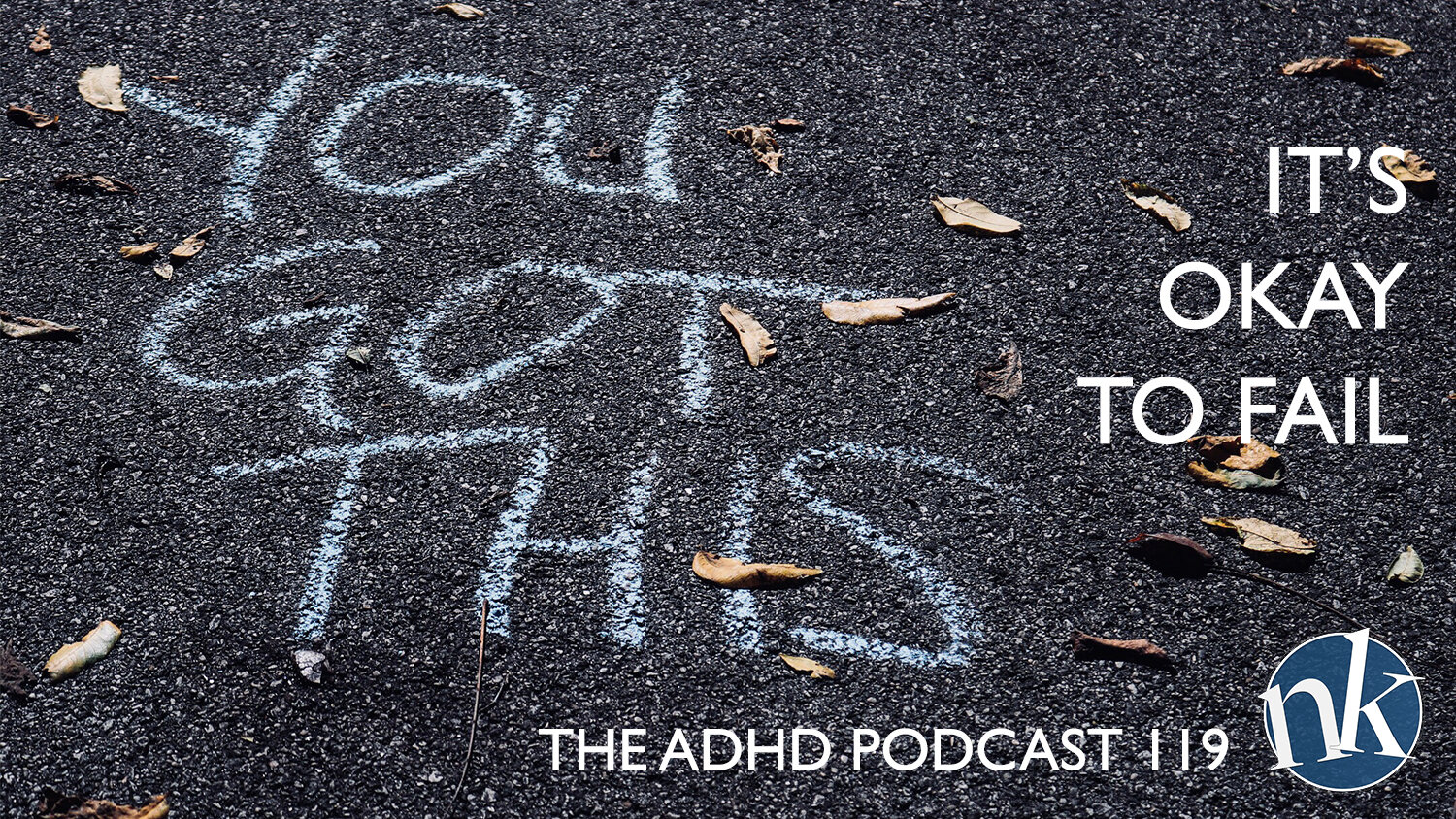
Introduction to ADHD
Attention Deficit Hyperactivity Disorder (ADHD) is a neurodevelopmental disorder that affects millions of children and persists into adulthood. Understanding ADHD is critical as awareness increases, highlighting the need for better support and resources for individuals and families. The condition can manifest through various symptoms, including inattentiveness, hyperactivity, and impulsiveness, significantly impacting daily life and academic performance.
Recent Developments and Research
Recent studies have shed light on ADHD, revealing its complex nature involving genetic, environmental, and neurological factors. According to the NHS, ADHD affects approximately 5% of children in the UK, though many remain undiagnosed. There is now a greater push towards early diagnosis and intervention, as experts urge that proper support in educational settings can drastically improve outcomes for affected children.
Symptoms and Diagnosis
Symptoms of ADHD are categorised into two main types: inattention and hyperactivity/impulsivity. Children may struggle to focus, follow instructions, or organise tasks. In contrast, hyperactivity symptoms can include fidgeting, excessive talking, and difficulty remaining seated. Diagnosis typically involves a thorough assessment by healthcare professionals, incorporating input from parents and teachers to obtain a holistic view of the child’s behaviour.
Support Strategies and Interventions
Effective strategies for managing ADHD include behavioural therapy, medication, and support from schools and families. Parent training and psychoeducation can empower families to create structured environments that foster success. Schools are increasingly recognising the significance of tailored educational plans to suit the needs of children with ADHD, aiming to enhance their learning experiences.
Conclusion
The ongoing dialogue around ADHD signifies a crucial step toward understanding and supporting those affected. As awareness grows, it is essential for society to continue advocating for better resources, research, and policies that accommodate individuals with ADHD. By fostering an inclusive atmosphere and providing adequate support, we can address the challenges posed by ADHD and ensure that affected individuals lead fulfilling lives.
You may also like

Understanding Melatonin: Uses, Benefits, and Importance

Movember: A Month Dedicated to Men’s Health Awareness

Understanding the Importance of Bones for Our Health
SEARCH
LAST NEWS
- Remembering Wendy Richard: The Promise to Co-Star Natalie Cassidy
- How Did Anglian Water Achieve an ‘Essentials’ Rating for Mental Health Accessibility?
- Shai Hope Leads West Indies in T20 World Cup Clash Against South Africa
- What We Know About Weston McKennie: Future at Juventus and Past at Leeds
- What We Know About the Upcoming Live Nation Antitrust Trial